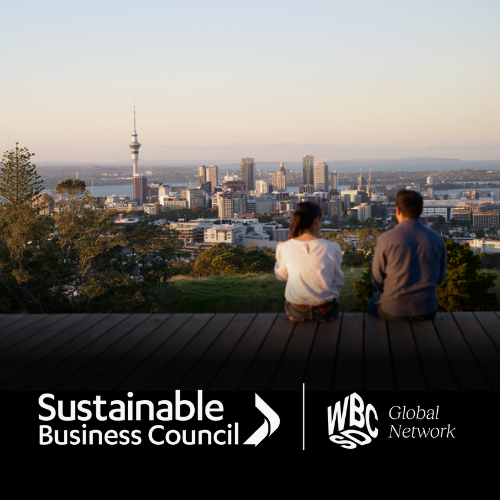Valuing Natural Capital
Climate change and freshwater policies got more air time in the 2017 General Election campaign than in any year previous.
That reflects a growing awareness of the state of the natural resources we use, as underpinning our economy, our international reputation, and perhaps most importantly, our sense of cultural identity and well-being.
New Zealand businesses rely heavily on natural resources and the ecosystem services they provide, such as the forests and wetlands that filter our waterways, or bee pollination that fertilises our flora.
Thirteen of our top 20 export commodities depend on natural resources, which is more than 70 per cent of New Zealand’s entire export earnings. Our tourism and food exports bank on the promise of healthy natural resources, showcased in movies like The Hobbit or adverts like 100% Pure.
Risks in undervaluing natural resources
There are huge risks associated with a lack of understanding or valuing of our dependency on these critical resources. Especially given that our economy is largely dependent on the state of our environment.
When farmers talk about the cost of irrigation, have they calculated what the water they use is worth to their business overall? What happens if they lose access to that water in a drought, it becomes polluted, or they have to pay more for its use?
Do businesses know how those scenarios could affect their bottom line, their staff and the local community they operate in? Can they make contingency plans or change the way they operate to reduce their dependency on a natural resource, or their exposure to risk?
These questions highlight why natural resources and their ecosystem services such as water purification, carbon sequestration and flood minimisation need to be visible, quantifiable and valued. They need to be accounted for on every business balance sheet.
Around the world, governments, businesses and consumers increasingly see there can be no more business as usual. We are seeing more and more shocks in the system, with poor crop yields and a decline in freshwater species like whitebait.
Investors and shoppers are also demanding more information about the environmental and social impacts of the products and services they buy.
Opportunities for business
Businesses can gain competitive advantage, locally and internationally, when they demonstrate their knowledge and sustainable management of natural resources. They can also save money, by identifying unnecessary resource use and reducing their operating costs.
There’s also opportunity for innovation. Many businesses would love an app that in one click could help identify where water or electricity use is unnecessary, for example.
In New Zealand, a growing number of businesses identifying and valuing the natural resources and ecosystems they rely on, and building that knowledge into their business strategies and innovations. They are also using it to determine how they will better protect a natural resource or alter their operations. And increasingly, these businesses are asking their suppliers and partners to do the same.
Seafood company Moana New Zealand used a Natural Capital assessment toolkit called ESR to investigate the pāua fishery in Marlborough Sounds. In parts of the outer Sounds, 70 per cent of kelp growing around the fishery had disappeared and they wanted to find out why. The study revealed, amongst other threats, that sedimentation from land-based run-off in deforested hills was smothering kelp. And this was seriously threatening local pāua and other marine life.
As a result, the company made a commitment to take care of the environment, from the ‘Mountains to Sea’. It is working with Crown Research Institute, Scion, as well as the Ministry for the Environment, to address the issue of sedimentation and forestry. Moana plans to conduct another assessment in Whangaroa Harbour where it farms oysters.
Contact Energy has also used the ESR Natural Capital toolkit to examine its operations on the Clutha River in Otago – they wanted to better understand the benefit and impacts, as well as risks and opportunities. They realised they could take part in more projects with the local community, to value this important awa, or river. They now have plans to develop cycle ways and river-based events and facilities, and develop a school tour of the hydro-dam, along with internships and a school curriculum unit on hydro generation.
Ultimately, the opportunities that arise when a business values the natural resources they use far outweigh the risks of not taking action. Businesses, big and small, need to make decisions and investments that will ensure New Zealand’s Natural Capital is protected.
Contact: Abbie Reynolds, Executive Director
Phone: +64274559104
Email:

